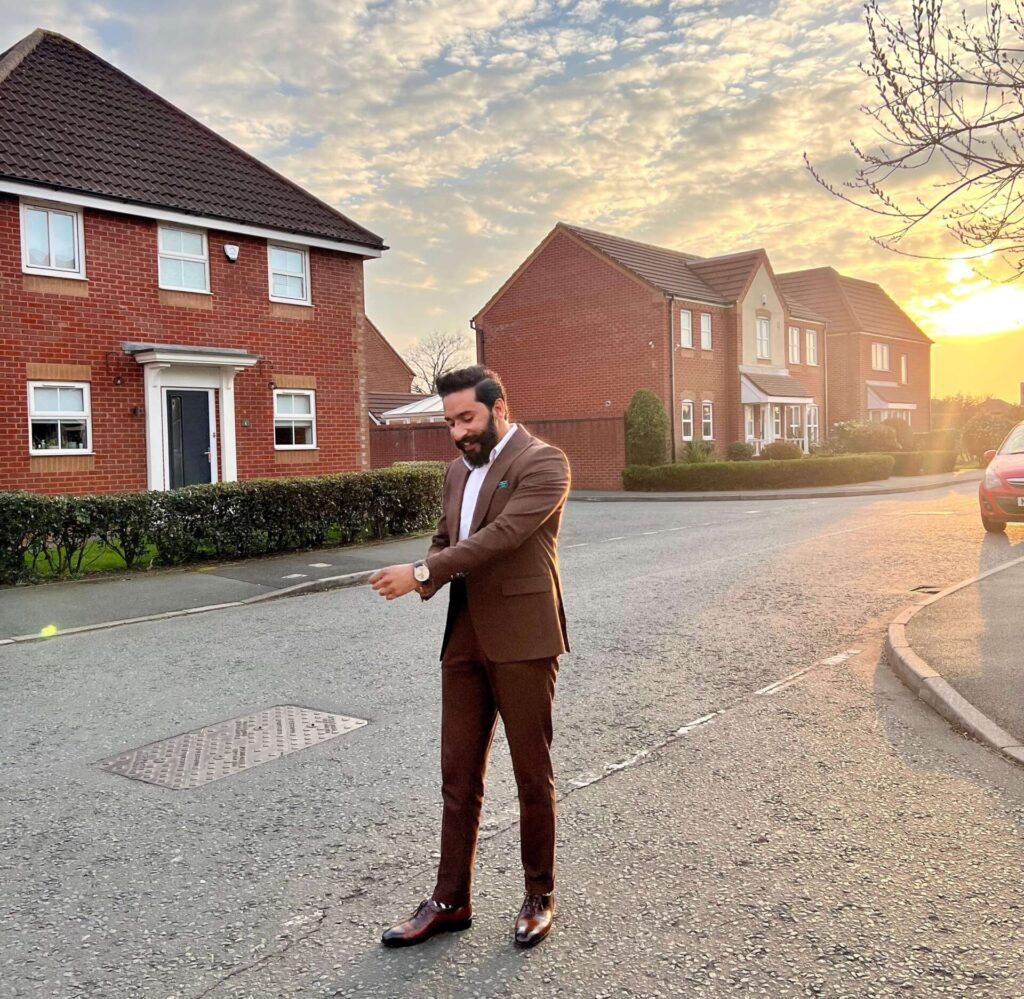I never used to think much about my mornings, they just sort of happened. I’d wake up, check my phone out of habit, and fall straight into reaction mode. Slack, email, analytics, half-written blog drafts… all coming at me before I’d even taken a sip of water. I wasn’t lazy. I was just scattered. And in this line of work, where everything feels urgent and nothing ever really ends, starting the day like that was draining me before I even had a chance.

Eventually, I hit a wall. Not a dramatic, movie-scene burnout, just a slow grind of fatigue and creative flatness. I realized I didn’t need to do more in the morning. I needed a way to stop letting the day lead me. As a digital marketer, I, Shehnoor Ahmed, needed to reclaim my own attention before algorithms did.
Why Most Morning Routines Don’t Last (And Why I Gave Up on “Perfect”)
Let’s be honest, most of the routines we see online aren’t built for actual people with actual deadlines. They’re curated, idealized snapshots of someone’s best Tuesday, not systems that survive a rough week or a foggy brain.

I tried the polished stuff. The 5AM alarms. The gratitude journals. The ten-step morning flows. They all felt good, for three days. Then real life kicked in, and everything fell apart.
What actually worked wasn’t impressive, it was dependable. I stopped aiming for some perfect start to the day and focused on building something I could show up to even when I was tired, stressed, or behind.
I call it “functional consistency.” It’s not flashy. But it holds.
Want to know what I learned from posting 30 reels in 30 days, click here
What My Mornings Look Like Now (7 AM to 10 AM)
I’ve tested this routine through launches, slow seasons, travel days, and weeks when I didn’t feel like working at all. It’s changed a bit over time, but the bones are solid. Here’s what my mornings actually look like:
7:00 AM – Wake Up + Reset
Nothing fancy. I sit up, drink a glass of water, and just take a few quiet minutes before touching my phone. No podcast, no scrolling, no stimulation. Just a little space before everything begins.
7:30 AM – Intentional Input
I’ll read something short, a few pages from a physical book, a newsletter I actually care about, or a saved article I’ve been meaning to get to. Something reflective. Something that shifts my brain from reactive to thoughtful.
8:00 AM – Coffee + Planning
Now I open my laptop. I use Notion to check what I lined up the night before: usually three clear priorities. I don’t overload this list, the goal is clarity, not pressure. Coffee in hand, I look at the day ahead and ask: What will move the needle today?
8:30 AM – Deep Work Block
This is the heart of my morning. I’ll write a blog post, draft an SEO strategy, or work on affiliate content. No meetings. No Slack. Just headphones and one open tab. I treat this as sacred, because if I lose this hour, the whole day shifts off course.
9:30 AM – Data Pulse Check
Quick glance at traffic, rankings, or any campaigns I’m monitoring. I don’t spiral into analytics, I just want to get a sense of what’s trending, what’s lagging, and what might need attention later.
By the time 10AM rolls around, I’ve already done something that matters. I’m not scrambling to start, I’m continuing what’s already in motion. That changes the entire tone of the day.
The Tools I Actually Use (And Why)
I’ve tried dozens of tools. Most added friction instead of removing it. Here are the ones that stuck because they actually help:
| Tool | Why I Use It | Free Plan? | Morning Role |
|---|---|---|---|
| Notion | Keeps my tasks focused and organized | Yes | Reviewing daily priorities |
| Frase.io | Helps structure SEO content around actual search intent | Yes | Outlining or researching blog drafts |
| Google Search Console / GA4 | Gives me a quick snapshot of content performance | Yes | Checking metrics without getting sucked in |
These tools aren’t the star of the show. They just support the work I’m already doing. That’s the point, fewer tabs, more traction.
Why This Routine Works (Even When I Don’t Feel Like It)
I stopped thinking of mornings as a productivity sprint. That mindset didn’t last. Now, I treat them like a reset. A chance to center before the noise.
When I stick to this routine, even loosely, I notice a difference. I’m calmer. I make better decisions. I don’t jump from task to task trying to “catch up” to a day I never really entered with intention.
The real win isn’t how much I get done. It’s how grounded I feel by 10AM. That’s what makes me consistent.
Bonus thought: No one’s impressed by your morning. But your work shows when it’s built on a steady one.
Building Your Own Morning System (Without Copying Mine)
You don’t need my routine. You need something that works for you, your energy, your projects, your distractions.
Here’s a simple way to start shaping your own:
- Mindset Reset: Even five minutes of quiet can shift your whole day. Don’t skip it.
- Move (A Little): Stretch. Walk. Breathe deeply. Nothing intense, just something to wake up your body.
- Mission by 10AM: Pick one task that actually matters and try to complete it before the rest of the world pulls at you.
What to Avoid:
- Checking email before your brain has even turned on
- Opening social media “just for a second”
- Bouncing between tools before picking one task to start
Try This Instead:
- One focused task block
- One planning/check-in session
- One intentional pause before noon
This isn’t about being extreme. It’s about building the habit of showing up with a clear head.
Morning Myths Worth Ignoring
“Successful people wake up at 5 AM.”
Cool. Some do. Most don’t. You just need uninterrupted time, whatever hour that starts.
“You need a perfect system to get results.”
You need a repeatable rhythm. That’s it. Progress beats precision every time.
“More tools = more efficiency.”
Nope. More tabs = more chaos. A few good tools, used well, are all you need.
Final Thoughts
Start where you are. Keep it simple. And most importantly, make the morning yours again.
— Shehnoor Ahmed
You need a flow that helps you feel clear-headed, focused, and a little bit ahead before the day really begins. That’s not hustle culture. That’s self-leadership.
Start where you are. Keep it simple. And most importantly, make the morning yours again.
Book 1:1 Session with me or email me at hello@shehnoorahmed.com

FAQs:
What time should I wake up?
Whatever gives you at least an hour of focused time before the noise begins. 7AM works for me, adjust based on your life.
How long should a routine take?
Aim for 60–90 minutes. That’s enough time to reset, plan, and start something meaningful.
Do I need any premium software?
Nope. Start with what’s free. Use what removes friction, not what looks good on a productivity YouTube channel.
How do I keep this going every day?
Track the inputs, did you sit down, did you focus, did you breathe, not whether the outcome was perfect.
Is it okay to check email early?
Sure; if it helps. But create something before reacting to others. Protect your brain space while it’s still yours.




